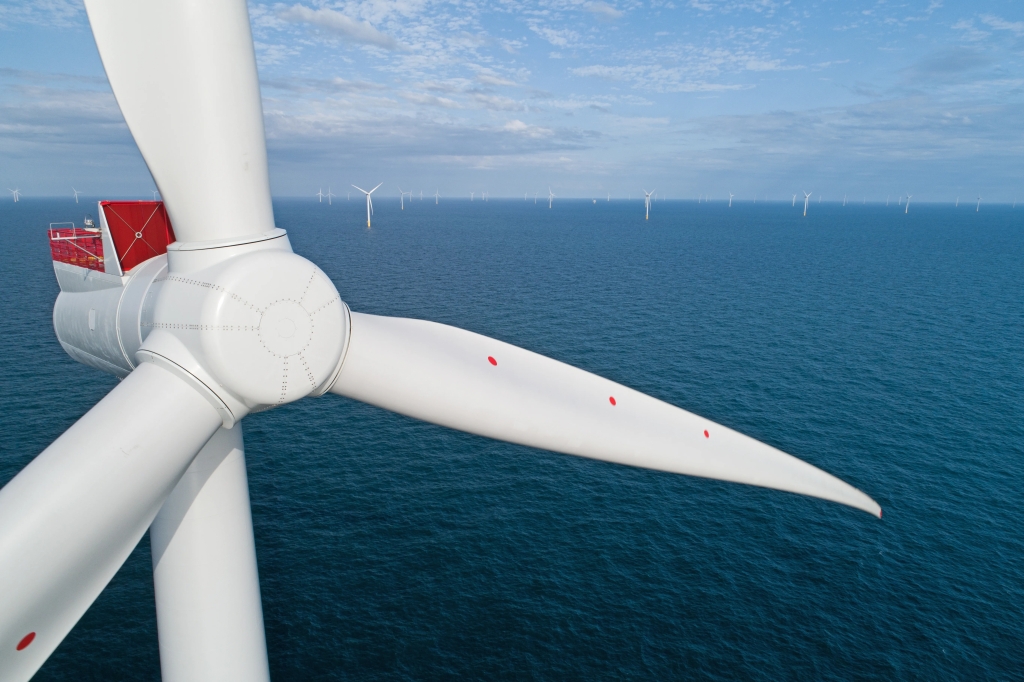
By Anders Lorenzen
Ahead of COP26, the UK government has signalled its support for climate action by announcing a £265 million renewables support scheme.
The Contracts for Difference (CfD) scheme is the preferred government method to incentivise investment in renewables and other low-carbon energy technologies. The government has announced that £265 million per year will be set aside for low-carbon projects in the scheme’s fourth year. The government hopes that this will double the renewable energy electricity capacity which was secured in the scheme’s third round.
Big emphasis on offshore wind
Fund distribution indicates that, off all the low-carbon technologies, the government is putting a big emphasis on offshore wind. The majority of the £200 million in the fund will go to offshore wind, another £24 million to offshore wind but this is ring-fenced for the emerging floating offshore wind technology, and £55 million goes to emerging technologies. But the fastest renewable energy technology globally – solar PV – and the cheapest new energy technology in the UK – onshore wind – only receive a meagre £10 million.
UK Prime Minister Boris Johnson has previously said that the government is aiming to create 60,000 offshore wind jobs by 2030.
Bringing down the cost
The government noted that the previous CfD scheme round delivered enough clean energy to power over 7 million homes and brought down the cost of offshore wind by 65%. They expect renewable energy prices to continue to come down, pointing to the fact that solar and wind are now cheaper than coal and gas in most places in the world, and arguing that therefore it pays for consumers to invest in renewable energy technologies.
UK Energy Minister Anne-Marie Trevelyan commented: ‘’The Contracts for Difference scheme has helped the UK become a world leader in clean electricity generation and lowered prices for consumers.’’
CfD contracts work by allocating projects through a competitive auction process where the cheapest projects in each technology group are awarded contracts first. The opening fourth CfD round takes place in December.
The green utility and renewable energy producer Good Energy’s Nigel Pocklington has said he is pleased about the funds allocated: “It’s great news that onshore wind and solar power can finally compete for financial support after being excluded for over half a decade. We simply can’t build a net-zero economy without large amounts of wind and solar. Today’s news should be the start of yearly auctions with bigger budgets to ensure these vital projects can be built quickly and at scale.”
The Conservative UK government has refrained from publicly backing onshore wind as many of its voters oppose it, describing it as an eyesore.
7 replies »